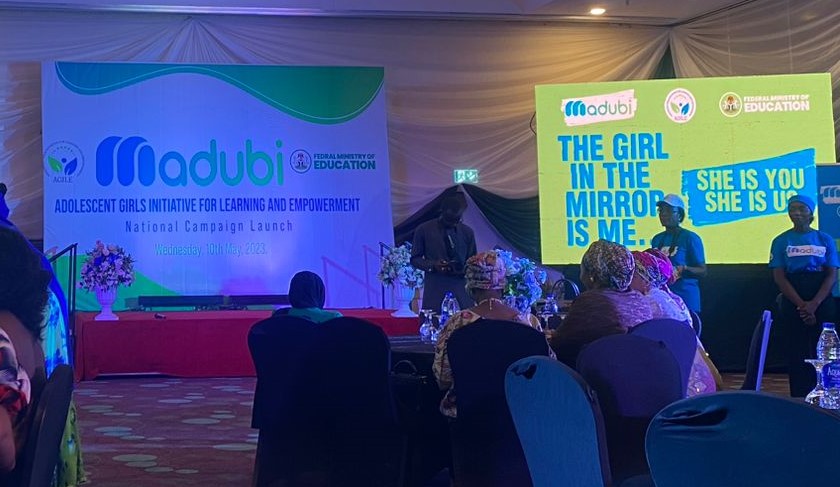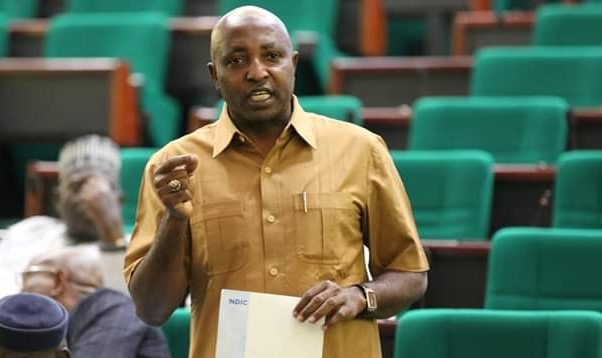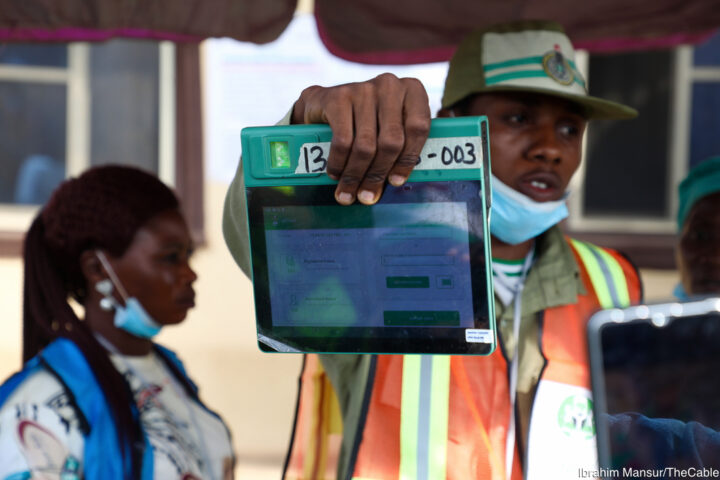The federal government has enrolled over three million girls in secondary schools under the adolescent girls initiative for learning and empowerment (AGILE) project.
The AGILE project, an initiative of the ministry of education and World Bank, is aimed at increasing access to secondary education among marginalised adolescent girls in Nigeria.
President Muhammadu Buhari launched the project on February 16 and is expected to reach 21.5 million direct and indirect beneficiaries in its lifetime.
Speaking on Wednesday during a media briefing for the launch of a national campaign, tagged “Madubi”, Amina Buba Haruna, AGILE national project coordinator, said the focus was to improve secondary education among girls in the targeted areas in participating states.
Advertisement
The participating states are Borno, Ekiti, Kaduna, Kano, Kebbi, Plateau and Katsina.
Haruna said over 3 million girls have been enrolled in secondary schools while 5,000 classrooms have been renovated under the project.
“The girl’s education continues to be a substantial part of this operation because of the future of our country. If we start working on it, it will improve the economy of our country,” she said.
Advertisement
“Madubi is a title for the national campaign on AGILE that will help us present the initiative better to the society, the clergymen, the traditional rulers and the larger society. Our aim through this campaign is to advocate more on issues hindering girl child education in Nigeria.”
Khadiyat Bello, who spoke on behalf of Madubi, said the project was needed to influence the girl’s and women’s potential in society.
She added that the project was an intervention tackling multi-sectoral issues.
She said the project would provide “safe spaces for girls, developing digital literacy and skills to prepare them for life after school, advocacy and behavioural change campaigns to tackle social issues that negatively affect, enrollment and retention of girls in school and financial incentives such as scholarships and conditional cash transfers to gids and their, families to make education more affordable”.
Advertisement
Add a comment






